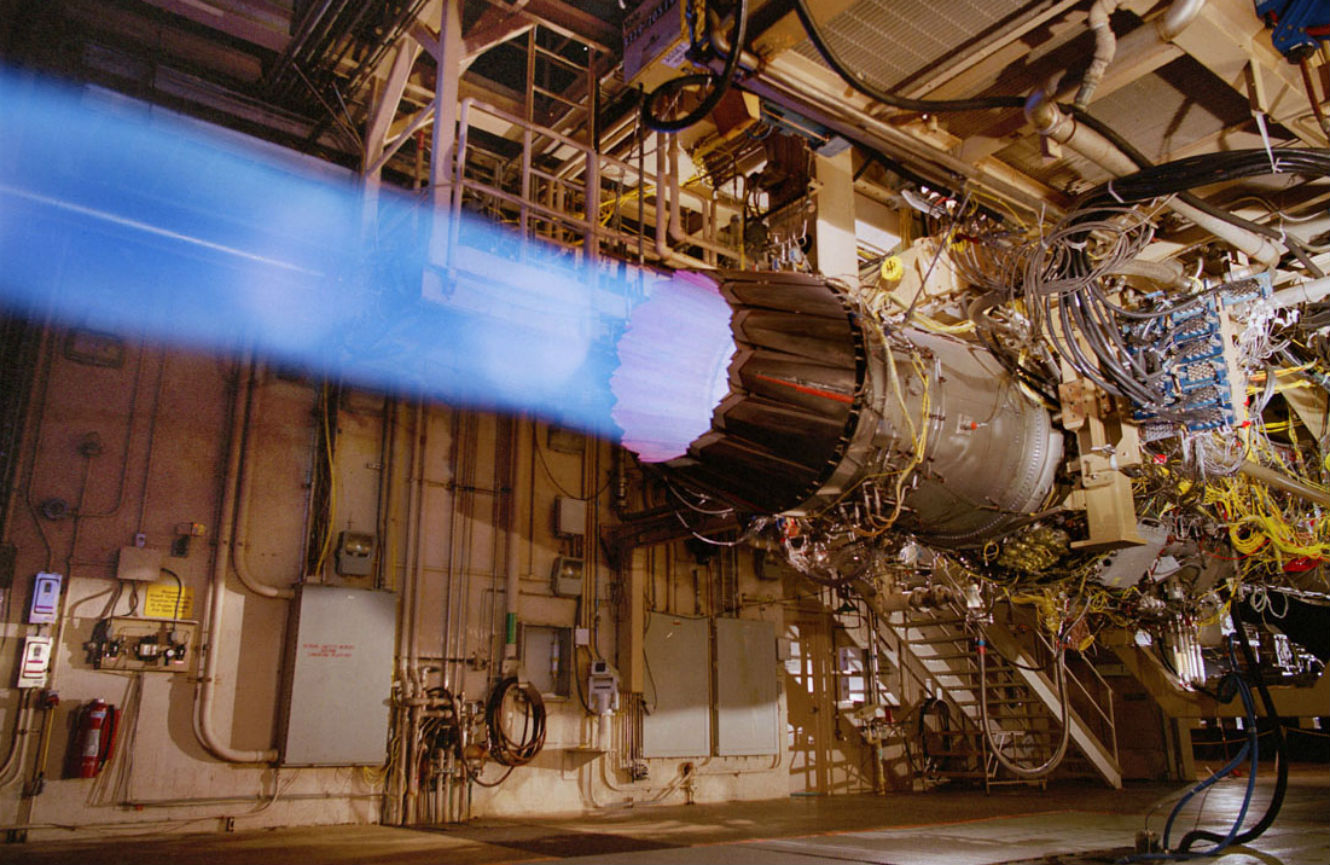Protecting sensitive information is paramount, especially when it comes to critical programs vital for national security and defense. Critical Program Information (CPI) refers to data that, if compromised, could potentially undermine the effectiveness or security of military systems, technologies, or operations. Conducting a thorough CPI assessment is essential for identifying vulnerabilities and implementing robust safeguards… Read More
Ensuring Compliance: The Importance of ITAR Training for Tradeshow Staff
In the dynamic world of international trade and commerce, compliance with regulations is paramount, particularly in industries with sensitive technologies and materials. One such crucial set of regulations is the International Traffic in Arms Regulations (ITAR), designed to control the export and import of defense-related articles and services. For companies participating in tradeshows, where networking… Read More
Decoding Co-Production and Co-Development in ITAR: A Comprehensive Guide
In the realm of international defense trade, terms like “co-production” and “co-development” often surface, carrying significant implications for governments, defense contractors, and regulatory bodies. Yet, understanding the intricacies and implications of these concepts, especially within the framework of the International Traffic in Arms Regulations (ITAR), can be daunting. So, let’s demystify these terms and explore… Read More
Navigating Compliance: Understanding ITAR Recordkeeping & Reporting Requirements
In today’s interconnected world, international trade in defense-related goods and services plays a vital role in national security and global stability. To safeguard sensitive technologies and prevent their unauthorized transfer to foreign entities or adversaries, the United States government has implemented stringent regulations under the International Traffic in Arms Regulations (ITAR). Among these regulations are… Read More
Common Misconceptions About ITAR License Provisos Debunked
International Traffic in Arms Regulations (ITAR) governs the export and import of defense-related items and services in the United States. Given the complexity of ITAR, it’s no surprise that misconceptions often arise surrounding its license provisos. In this blog post, we aim to debunk some of the most common misconceptions about ITAR license provisos to… Read More
How to Determine if a Commodity is Not “Specially Designed”
Navigating the intricate web of regulations surrounding international trade in defense-related articles and services can be daunting, especially when it comes to compliance with the International Traffic in Arms Regulations (ITAR). Among the various provisions outlined in ITAR, the concept of items not being “specially designed” holds significant weight. Determining whether a commodity falls within… Read More
Demystifying ITAR Exemption 125.4(b)(1): A Guide for Export Compliance
International Traffic in Arms Regulations (ITAR) is a set of United States government regulations that control the export and import of defense-related articles and services on the United States Munitions List (USML). Compliance with ITAR is crucial for businesses involved in the defense industry, as violations can result in severe penalties. However, there are exemptions… Read More
Navigating the ITAR: Understanding the Different Kinds of Agreements
In the realm of international trade and security, the International Traffic in Arms Regulations (ITAR) plays a crucial role in governing the export and import of defense-related articles and services. For companies operating in the defense industry or dealing with sensitive technologies, compliance with ITAR is paramount. Central to ITAR compliance are various types of… Read More
Ensuring National Security: The Importance of Proviso Compliance on ITAR Export Licenses
In the intricate world of international trade, particularly in the realm of defense-related technologies, adherence to regulations is paramount to safeguard national security interests. Among the key regulations governing such trade is the International Traffic in Arms Regulations (ITAR), administered by the United States Department of State. Within ITAR, export licenses play a crucial role,… Read More
Navigating Compliance: The Proposed Charging Letter and Consent Agreement for Boeing
In the intricate web of international trade regulations, aerospace giant Boeing found itself navigating the complexities of compliance last week. The U.S. Department of State’s Directorate of Defense Trade Controls (DDTC) issued a proposed charging letter to Boeing, alleging violations of the International Traffic in Arms Regulations (ITAR). This proposed charging letter ultimately led to… Read More









